Chemical pesticides are bad for you, bad for your pets and bad for the environment. However, if you don’t use some form of pest control in your garden, it will soon be overrun with bugs and other creepy crawlies. These critters can wreak havoc on your plants and on the lawn, so you need to nip them in the bud before they can do real damage. How do you do this without chemical pesticides, though? The good news is that there is a surprising number of natural alternatives that are much friendlier to the Earth, as well as to you and your loved ones. Here’s how to keep pests out of your lawn and garden using natural products.
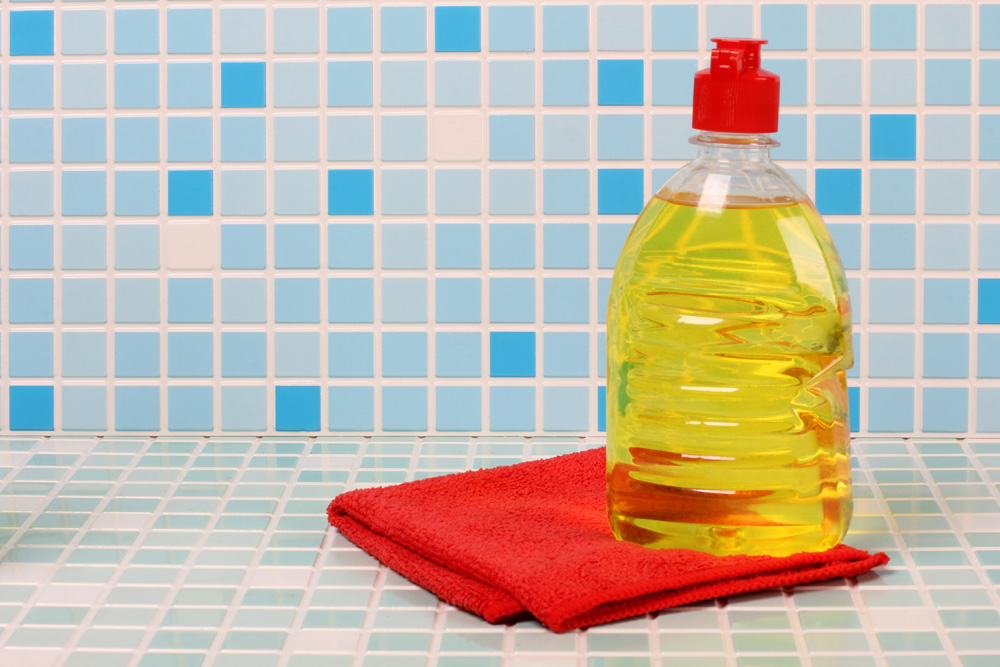
Dish Soap
A spray of dish soap and water is a good way of getting rid of aphids and spider mites, since it dehydrates them. Mix about five tablespoons of biodegradable/natural dish soap with a litre of water and spray the affected plants with it. Choose a soap with a strong fragrance like peppermint for extra pest-repelling power.
Related: How Much Should You Pay a Landscaping Company in Canada?
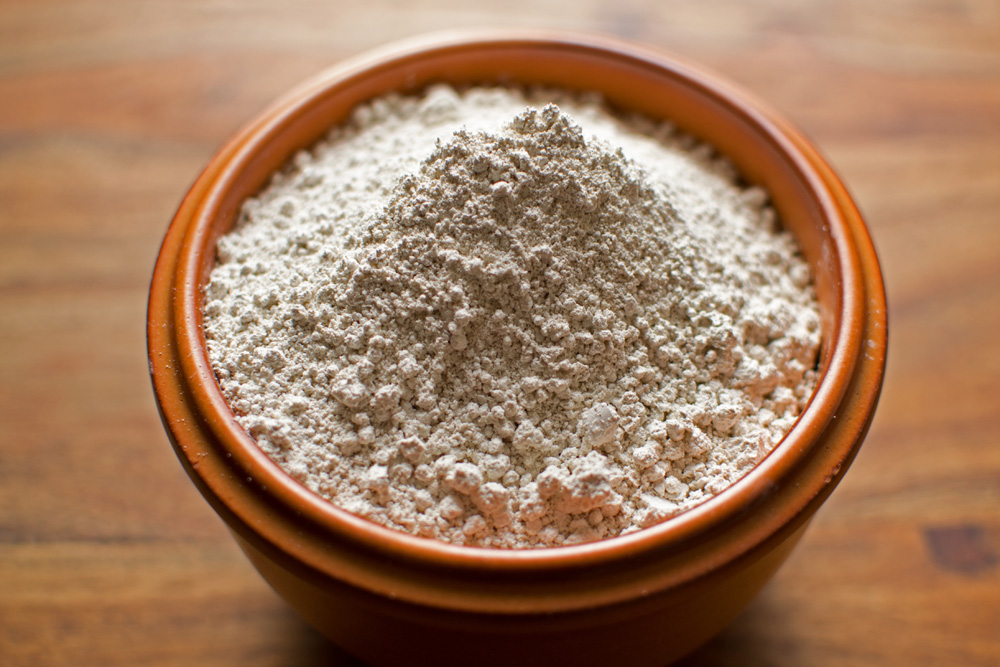
Diatomaceous Earth
Diatomaceous earth (or DE) is a fine powder made of the fossilized shells of diatoms, a kind of microscopic sea creature. To insects, scorpions, slugs and snails, walking on DE is like walking on broken glass. Sprinkle the powder in all the areas where pests congregate. However, remember to reapply the DE after it’s rained or after you’ve watered the garden.
Related: 60 Beautiful Backyard Ideas

Garlic
Garlic is often used as a companion plant in summer vegetable gardens because of its pest-repelling properties. It’s antifungal, antibacterial and antiviral too. To use it as a pesticide, mix the peeled cloves of about five bulbs of garlic with about half a litre of water and let it infuse for at least six hours. Then spray it only on the plant parts that are infested with pests, since it can kill beneficial bugs too.
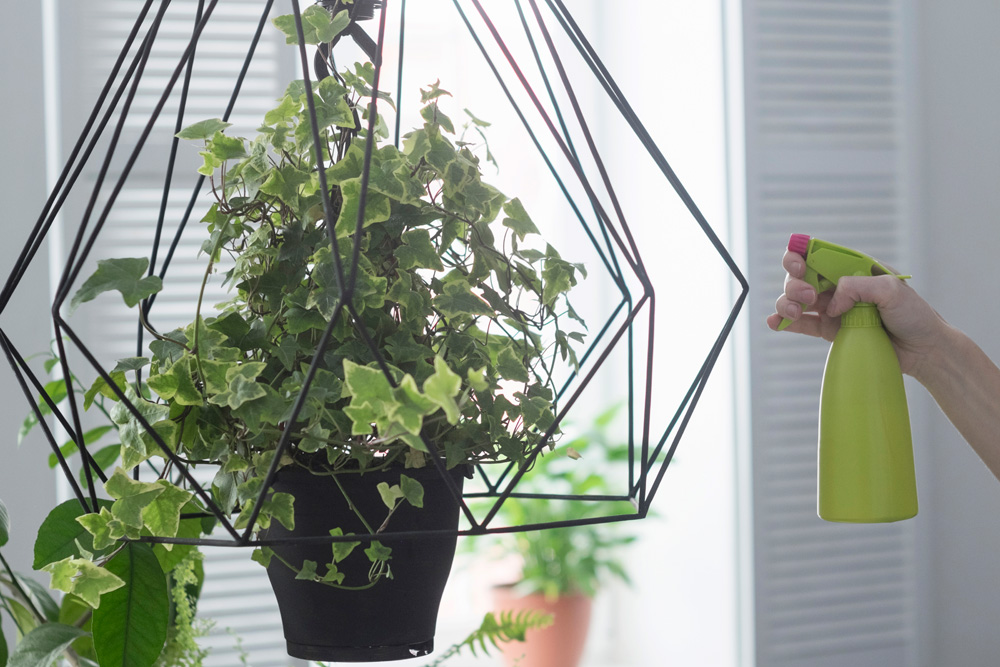
Soap and Oil
Soapy water is an effective pesticide but you can up the ante by using soap and oil instead. Mix about a cup of vegetable oil with about a quarter cup of liquid soap and shake it until the mixture is white. Spray this on the affected areas. The soap helps the oil stick to the insects’ bodies, where the oil will suffocate them.

Cucumber
Normally, discarded food is one of the things that attract bad bugs into your house and yard. However, leaving slices of cucumber in areas where you don’t want ants will repel these insects.
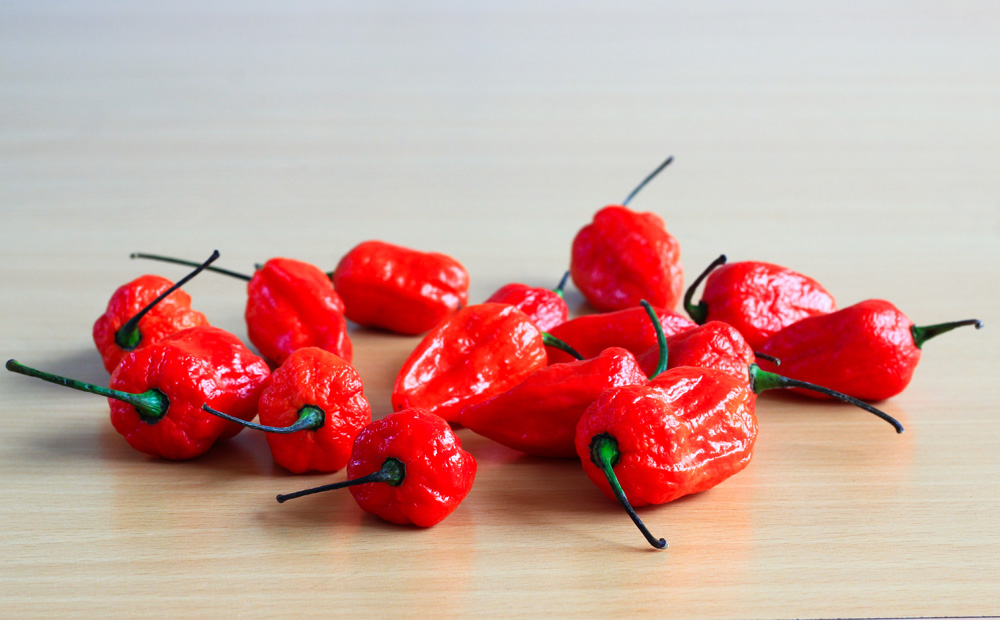
Hot Peppers
In parts of India, villagers use the hottest ghost peppers to keep elephants out of their fields. Elephants may not be a problem in your area, but pepper spray can keep more common Canadian pests out too. To make your own pepper spray for the garden, blend about two cups of the hottest peppers you can find with a tablespoon of cayenne and the peeled cloves of a bulb of garlic. Let this mixture steep in a bucket of water for 24 hours and strain. You can also add a bit of dish soap to the mixture before putting it into a spray bottle and applying it twice a week.

Essential Oils
Certain essential oils have great insect-repelling properties. Rosemary helps against flies, mosquitoes, fleas and insect larvae. Clove helps against most flying insects. Thyme keeps biting insects like chiggers away, while peppermint is good against ants, fleas, aphids, beetles, squash bugs and spiders. For slugs and snails, try cedarwood or pine. Mix about ten drops of each oil you want to use with a bit of vodka and water for a concentrated essential oil spray.

Lemon
Lemons aren’t only great for cleaning your kitchen using all-natural solutions. They’re good for getting rid of aphids too. Add the rind of one lemon to about half a litre of boiling water. Let it steep overnight before straining it and pouring the liquid into a spray bottle. Spray the liquid onto the tops and undersides of the leaves on the plant, making sure it comes into contact with the aphids’ bodies.
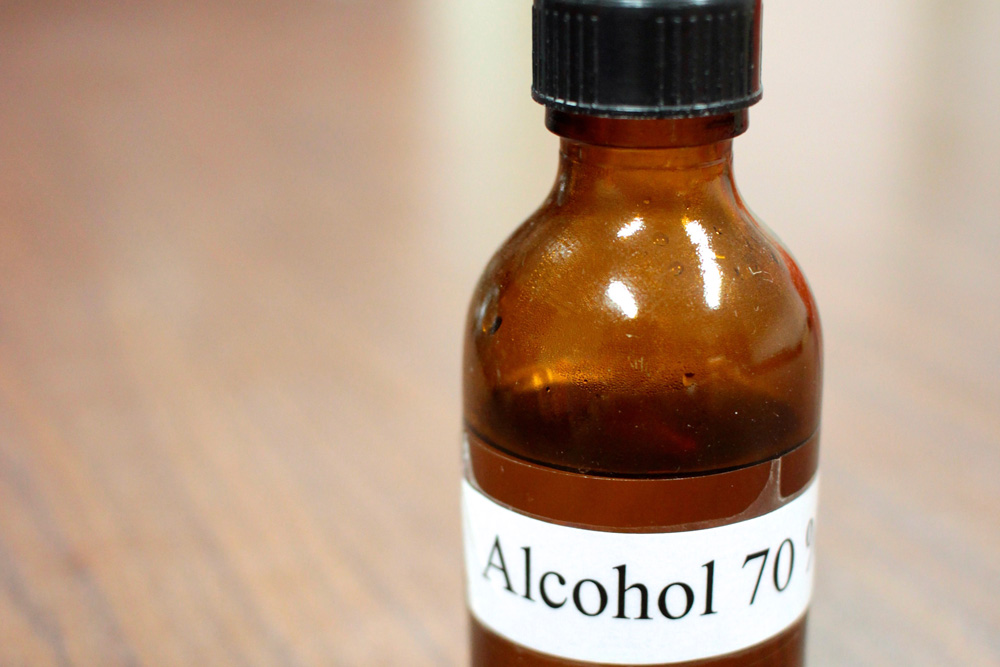
Rubbing Alcohol
Rubbing alcohol is effective against soft-bodied insects. Dip a cotton swab into 70% or 90% isopropyl alcohol and apply it directly to the insects. Alternatively, spray it onto the plants. You can also make a solution of one part rubbing alcohol to two parts water and apply it once or twice a week.
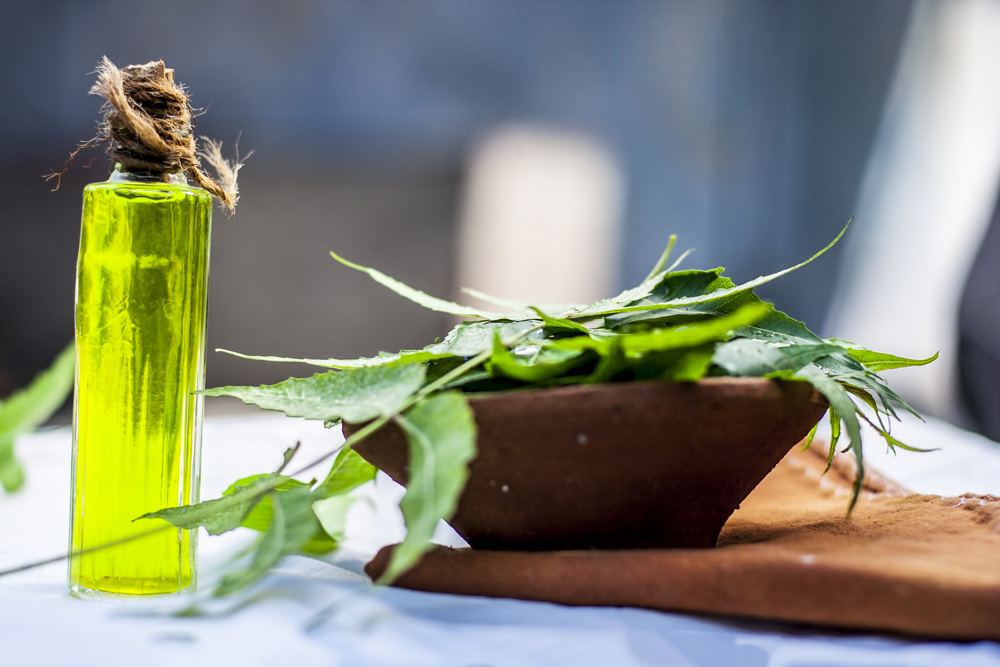
Neem Oil
Neem oil effectively repels a wide range of insects and, because it’s antifungal, it also helps for plant problems like mildew. At the same time, it’s non-toxic to bees, birds and mammals. Mix one or two teaspoons of neem oil with half a teaspoon of liquid soap and about one litre of water and spray it onto the plants. It can last for up to three weeks but you’ll need to reapply after rain.
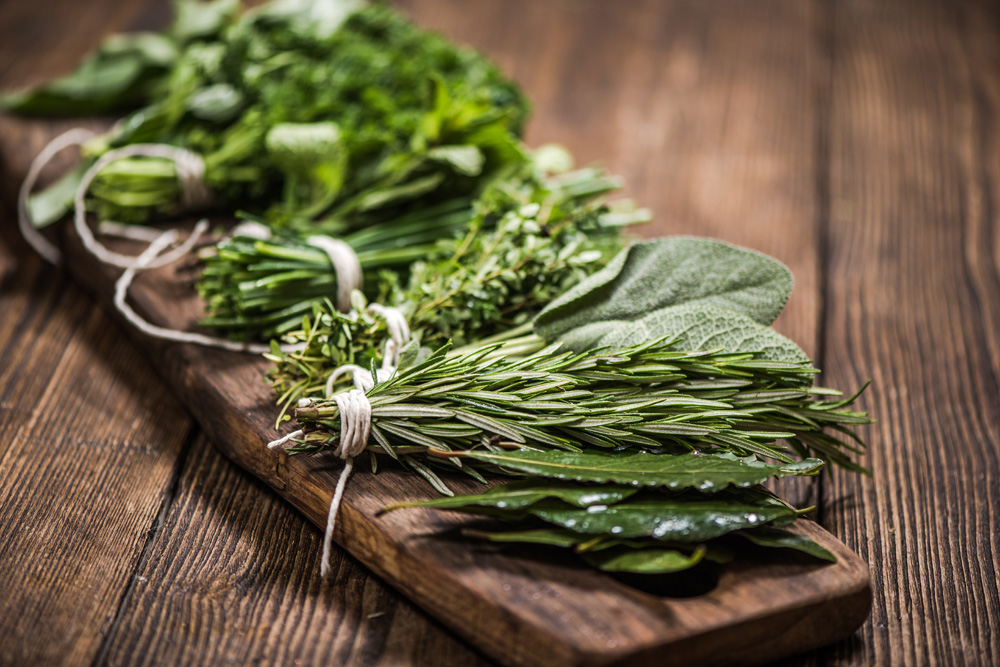
Herbal Infusions
When you’re trimming herbs like rosemary, basil, thyme, sage, mint or lavender, don’t put the cuttings in the compost bin just yet. Instead, crush the leaves and infuse them overnight in a bucket of water. Then strain the liquid and spray it onto your plants to repel insects.
Related: How to Prep Your Vegetable Bed for Winter: Scott McGillivray’s Garden Guide
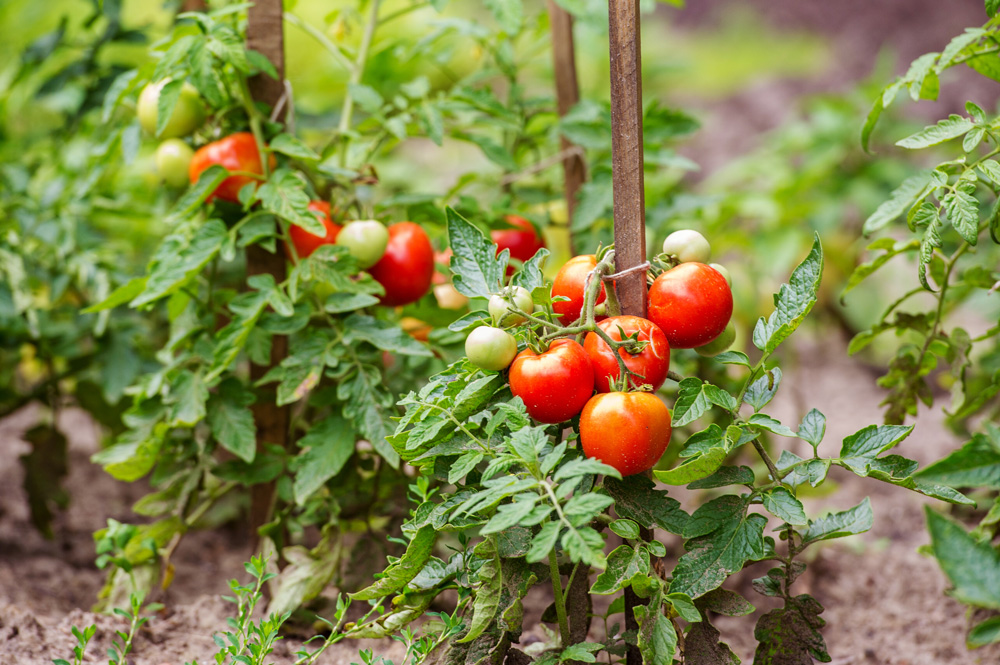
Tomato Leaves
There’s nothing like fresh, homegrown tomatoes in a salad or on a sandwich, but this isn’t the only reason why you should grow tomatoes in your vegetable garden. The alkaloids in the tomato leaves are great for insect control. Simply chop two cups of fresh tomato leaves, mix it with a litre of water and let it steep overnight. Strain it and spray the liquid onto your plants.
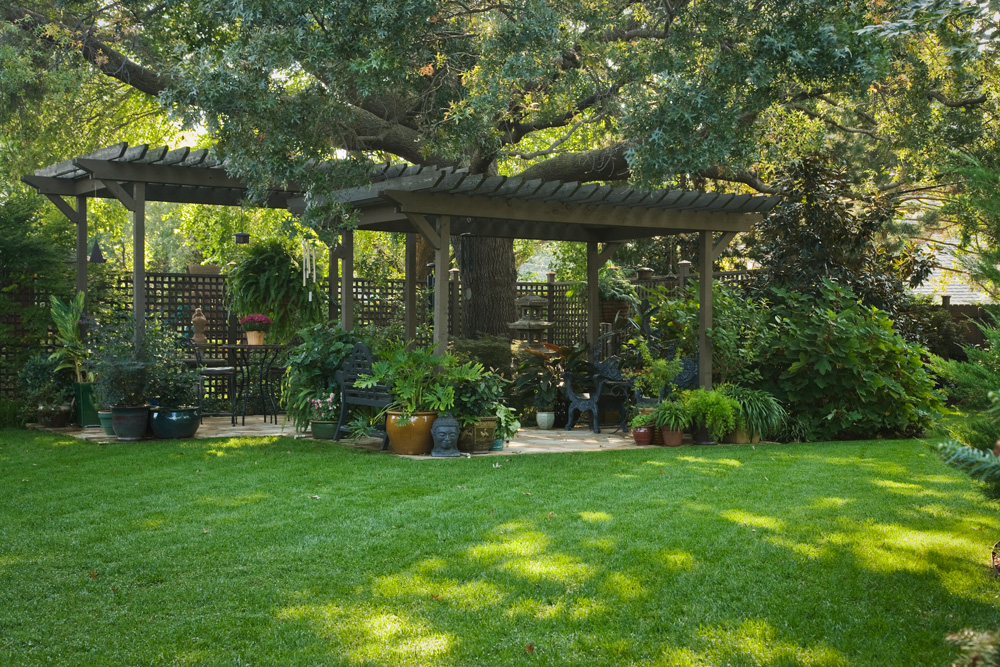
A Clean Yard
A clean and tidy yard is an unwelcoming environment for pests. Piles of wood or leaves and an overgrown lawn provide great hiding places for unwanted little visitors. So, keep the lawn mowed, rake up leaves, trim overgrowth and get rid of any debris in your garden. Besides, all those simple staging tricks to help sell your home won’t mean a thing if your yard looks like a disaster zone.

Beer
An easy way to get rid of snails and slugs is to try one of those really weird plant tips that actually work. These slimy creatures love beer, so put saucers of beer in your garden. You can also bury deeper containers in the soil so that their rims are level with the soil and then fill them with beer. Then the slugs and snails will try to get to the beer and fall in.
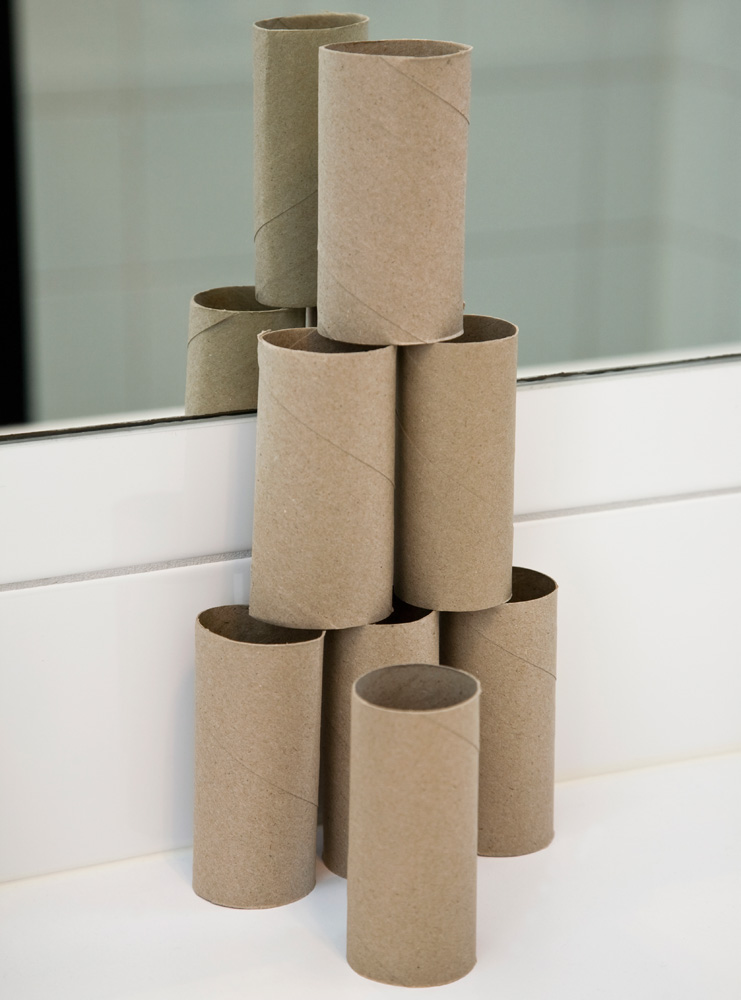
Toilet Paper Rolls and Drinking Straws
You don’t always need a non-toxic repellent spray to keep pests away from your plants naturally. You can simply make barriers so that the pests can’t get to the plants. For example, planting seedlings or root veggies like carrots in toilet paper rolls will protect them against cutworm. You can also protect seedlings against cutworm by cutting drinking straws, preferably the biodegradable kind, into pieces of about two centimetres and then slicing them open lengthwise. Place a piece of straw around each seedling, almost like a collar.
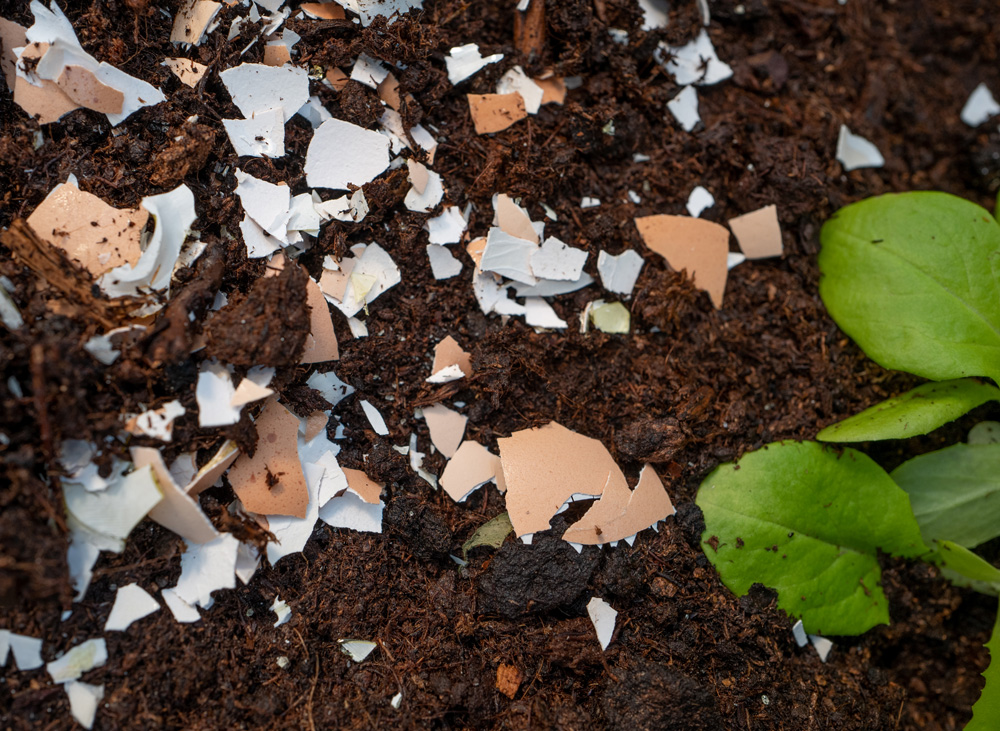
Eggshells
Another easy way to keep snails and slugs away from your prized veggie garden is to place broken eggshells around your plants. The sharp edges of the shells will make it impossible for the snails and slugs to get to the plants. This trick has the added bonus that eggshells are a good source of calcium for your plants.
Related: How to Keep Your Plants Alive While You’re on Vacation
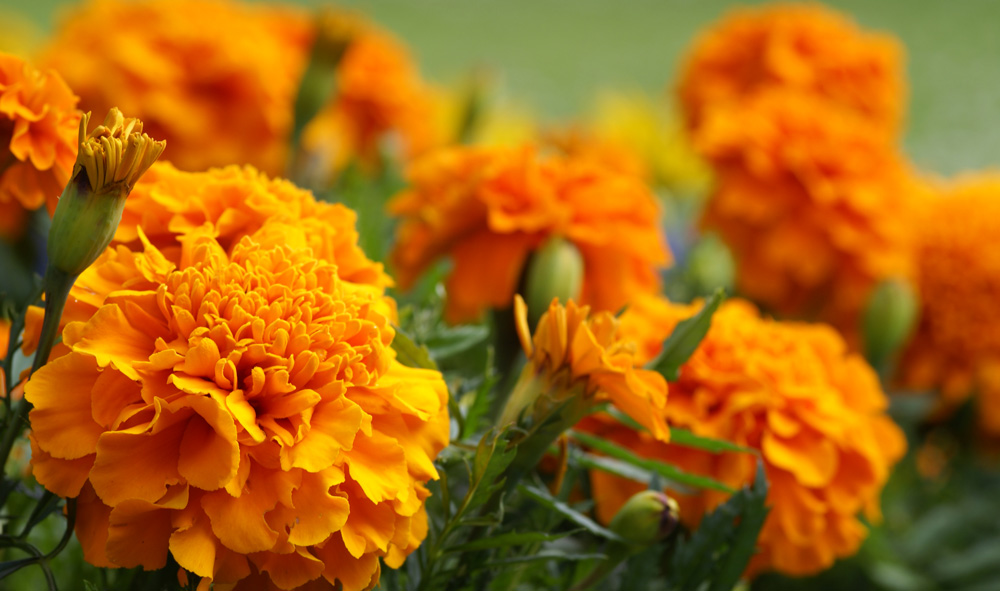
Pest-Repelling Plants
The list of plants that naturally repel pests is long but consists mostly of herbs and flowers with strong smells. Some of them will even repel pesky mammals: Mexican marigold and onions will keep rabbits away, while planting narcissus will help you grow the best lawn in the neighbourhood by repelling moles. Find out which plants specifically repel the pests you want to get rid of and plant them in strategic spots around your garden.
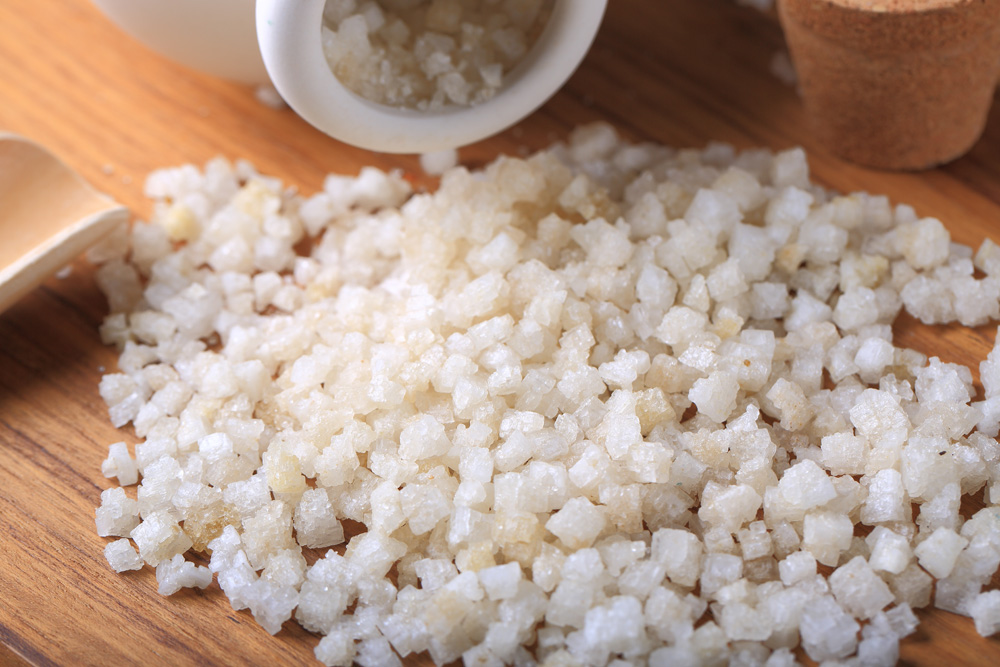
Epsom Salt
Epsom salt – or magnesium sulphate – is a good deterrent for slugs, snails and beetles. You can mix it with water to make a spray but it’s easier to simply sprinkle it around your plants. Take care that it doesn’t touch the plants directly or it can burn them. An extra advantage of using Epsom salt this way is that it will give your plants a good source of magnesium.

Beneficial Insects
Just because it’s an insect doesn’t mean it’s going to destroy your garden. Some many-legged creatures, like ladybugs, soldier beetles, praying mantises and spiders, will help keep you garden pest free by preying on those pests. All you need to do is attract them by planting the plants that they like.
Related: DIY Beekeeping: The Baeumlers Share a Beginner’s Guide to Beekeeping in Your Backyard
HGTV your inbox.
By clicking "SIGN UP” you agree to receive emails from HGTV and accept Corus' Terms of Use and Corus' Privacy Policy.





